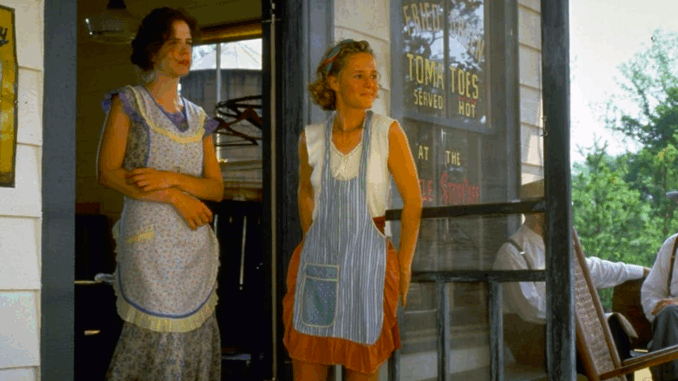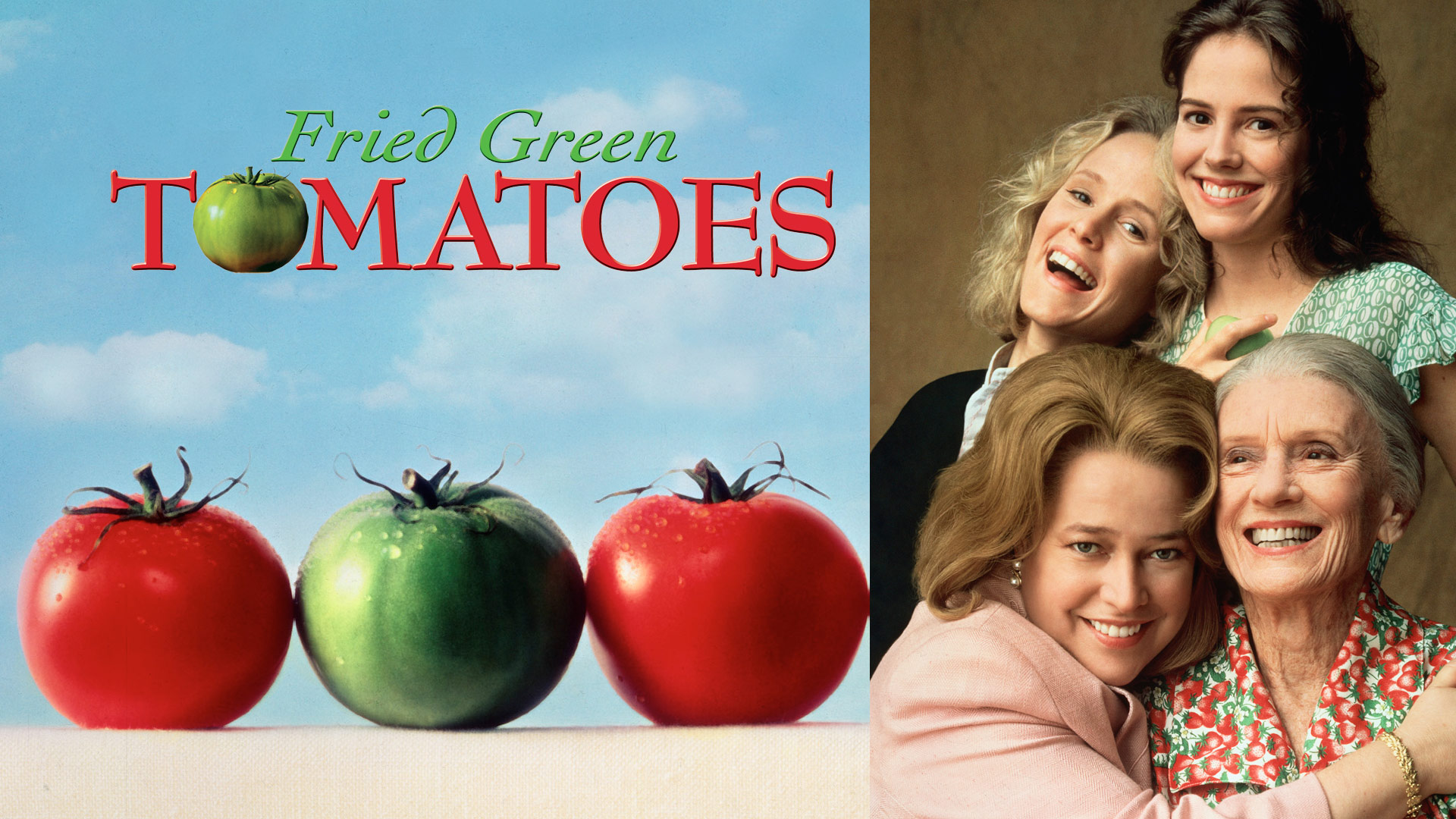
Fried Green Tomatoes is more than a beloved film; it is a testament to the resilience of women who refuse to be defined by the narrow lanes society builds for them. On its surface, it’s a nostalgic drama about friendship, food, and small-town life. But beneath that honeyed Southern charm lies a thunderclap of defiance, led by women who claim space, demand respect, and rewrite the rules of their lives.
The brilliance of the film lies in how it reframes power. Idgie Threadgoode and Ruth Jamison’s love story was radical in its quiet refusal to explain itself. Their Whistle Stop Café wasn’t just a gathering place — it was a sanctuary where people could exist outside rigid expectations. And then there’s Evelyn Couch, who explodes onto the screen as an unlikely heroine. She begins meek, her voice drowned out by a husband and a world that do not see her. But the Evelyn who picks up a sledgehammer and tears down her own walls — literally — is a woman reborn.

It’s rare to see midlife transformation portrayed not as a sad compromise but as a revolution. Evelyn’s “Towanda!” moment in the Winn-Dixie parking lot remains iconic because it captured something universal: the righteous, uncontainable joy of finally claiming your power. With Kathy Bates’ fiery performance, Evelyn becomes more than a character. She is an anthem.
Rewatching Fried Green Tomatoes today, it feels prophetic. Long before Hollywood was ready to fully embrace queer love or midlife female rage, this film planted the seeds. And like the tomatoes frying in the pan, it sizzles with heat, nourishment, and boldness that only grows stronger with time.
